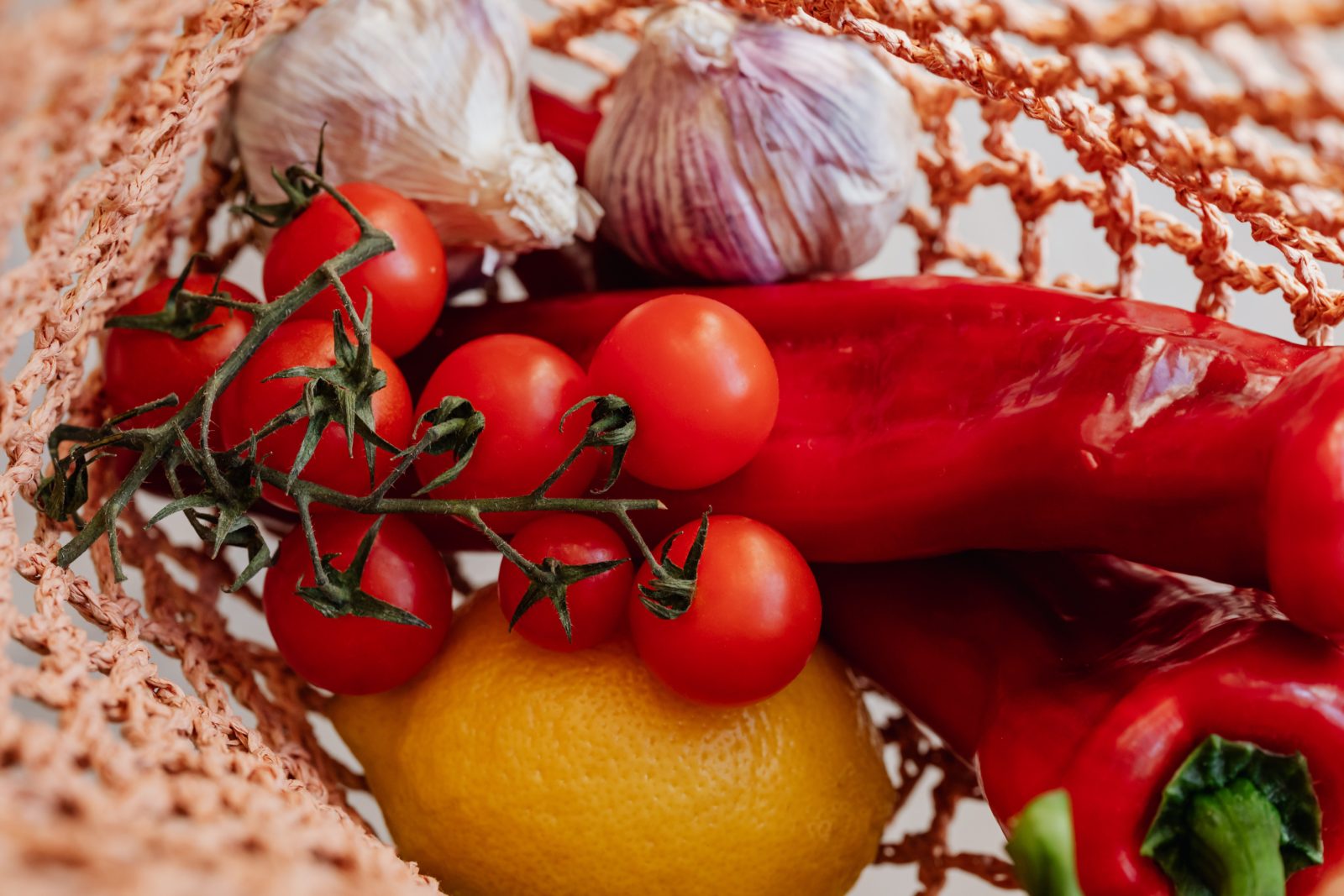In a welcome development for customers, Czech supermarkets have finally started reducing the prices of various food items. This comes after farmers and, to some extent, food manufacturers began lowering their prices. The supermarkets have promised to continue reflecting the decrease in supplier prices onto the retail prices. Several factors have contributed to this change, including the decreased spending willingness of Czech consumers and pressure on prices due to imports, particularly from Poland.
According to Zlata Vašíčková from Kupi.cz, “This August, the most significant price reductions were in oils, butter, and milk. Lower prices were also observed for zucchini, snake cucumbers, chicken, and turkey meat. Various cheese and other dairy products were also available at discounted prices.” For instance, a liter of long-life milk previously sold for 19.90 Czech korunas is now available for 10.90 Kč. Similarly, the price of a kilogram of chicken cutlets has decreased from 168 to 129 korunas. The discounted prices for other items have typically been reduced by around 20 percent.
Last year, food inflation reached record levels and surpassed 20 percent. However, prices have moderated this year due to lower input costs and weaker consumer demand. Consumers have responded to decreased prices by increasing their savings and shopping during sales. This trend can be observed in the Czech Republic and other European countries, including neighboring Germany.
Although there is reason to be optimistic, the price reductions are not yet widely noticeable for items such as bread or pork, where experts expect stability or even slight increases in pork prices. On the other hand, certain things like potatoes, apples, and bottled beer have become more expensive than the previous year.
According to the analysis by Zboží a Prodej magazine, the average decrease in prices for fresh food items in the consumer basket was around three percent in August compared to June and July. However, the overall value of the consumer basket, including personal care and other items, increased among the ten surveyed retailers. There are differences among different stores. For instance, the magazine reported a four percent decrease in the consumer basket prices at Albert, while Globus experienced a four percent increase.
Although future pricing cannot be commented on due to regulations prohibiting companies from announcing changes in specific product prices, there is undoubtedly intense competition in the market, and practically no retailer can afford to be more expensive. Retailers negotiate with suppliers to lower costs and then pass on those savings to consumers.
In recent weeks, hundreds of products have been discounted in Kaufland, as confirmed by Renata Maierl, a spokesperson for the chain. “If there is a decrease in raw material prices, we regularly lower the prices of our products,” she added. For example, Kaufland offered butter for 29.90 Kč last week and sunflower oil for 39.90 Kč.
The decrease in food prices is particularly noticeable in dairy products, as highlighted by the head of the Food Chamber. However, the expectation of further price reductions is tempered by the fact that the cost of raw materials is just one component of food production costs. Other cost items, such as fuel, packaging, and waste, remain the same or even increase.
Experts suggest that the lowering of prices in stores and promotional offers for food products are influenced by various factors, including pressure from imports, especially from Poland. Seasonality also plays a role, as customers spend on other areas, such as school supplies.






